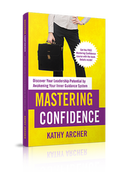|
Learning leadership skills can nix imposter syndrome Imposter syndrome is tough on leaders. But as most nonprofit leaders moved up the ranks from front-line positions, it makes sense. Unfortunately, we don't always have the training, support and guidance to learn leadership strategy, techniques and skills. It's time to change that! I recently watched the movie Hillbilly Elegy and loved it! There is a scene where the main character goes to a fancy dinner and steps away to phone his girlfriend to get her help. Over the phone, his girlfriend teaches him a quick strategy to know which forks to use and when. This scene brought back memories from when I first went to business dinners at upper-end restaurants and had no idea how to order wine or speak certain words on the menu and certainly not which utensil to use. I didn't fit the "leadership" mold When I recognized how uncultured I was, it always brought the feeling that I didn't fit in. It made me feel that I didn't have what it took to be at that leadership level. I suffered from Imposter Syndrome Imposter Syndrome happens when we think we don't have the capacity, skills or education to do the job we are in. It leads to self-doubt and feelings of inadequacy. We fear that others will discover we aren't knowable, capable, or equipped to do the job, which leads to feeling like a fraud or imposter. Here's the thing, neither of my parents has a high school education, and we farmed. I know differently now, but back then, I felt like that was two strikes against me. The belief partly stems from my Dad's frequent quip about being "just a dumb farmer." That belief unconsciously stayed with me, and as a result, I was undoubtedly always comparing myself to others who were more cultured and had more educated parents. I didn't have enough of this: That unconscious pattern of thinking continued in my career. I never felt I had "enough" to fit in.
Do you have enough to fit the leadership mold? However, "not-enoughness" strikes us all in various ways and at different times. Where do you feel "not-enoughness?"
If you aren't careful, that train of thinking will get wreak havoc with your confidence! On this podcast, I talk to Malory Erickson about "not enoughness" in fundraising. Mallory covers four strategies on how to overcome "not-enoughness." The strategies aren't just about fundraising, though. Listen and see how they fit with your role as well! Strategy # 1 The first strategy that Mallory talks about is to embrace your emotions, as I am always encouraging you to as well. We need to name our feelings and identify what body sensations and thoughts go with those emotions. It's the second step of The Inner Guidance Cycle called Ponder. PONDER stage of The Inner Guidance Cycle
Here's how it looks at work When I would sit at a contract meeting, I often didn't understand the legal mumbo-jumbo on the page in front of me.
Have the courageous conversations In the podcast, Mallory suggests it becomes less intimidating when we talk about what we feel with other people at work. She encourages us to create a workplace culture where it's safe to say what we feel, and as the leader, that starts with you. Here's an example For example, I could have bravely spoken up at that meeting to say, "Hey, you know what, I feel a little foolish for saying this, but I don't understand what this word means, and I don't get what this implies." I bet that others around the table felt the same way and would have been relieved for someone to speak up. Strategy # 2 Another strategy Mallory talks about is to get a hold of your thoughts. Self-talk like this wreaks havoc with your confidence:
You need to get a hold of these thoughts and reframe them to ease the doubt, increase your confidence and overcome that imposter syndrome feeling. More help When you work through the Inner Guidance Cycle by stopping (pause) to ask yourself what you are thinking and feeling (ponder), you can remind yourself (pivot) that you're not the only one at that moment not understanding the words on the legal document in front of you. That can give you the courage to speak up (proceed) and say what many people in the room are feeling. To understand and begin using The Inner Guidance Cycle in your leadership and life, grab Mastering Confidence and start working through the self-reflective exercises in it. For the other two strategies on how to overcome not-enoughness, tune to the podcast with Mallory Erickson here YOU ARE ENOUGH! You are enough, my dear! Just the way you are! What's more, the world, your organization, your team and your clients need you. They need what you have, what you offer and what you can help them with!
0 Comments
Are you scared of someone on your board? Maybe not scared. Perhaps they make you very uncomfortable, or for whatever reason, there's tension. Keep reading. I've got some help coming your way! Brenda's Board Challenge In a recent call, Brenda asked for coaching on an upcoming board meeting. Brenda told me that she hated board meetings because one of the board members was nasty to Brenda when she did Brenda's performance appraisal ten years ago. Brenda still remembers she felt attacked by that board member. Since then, Brenda doesn't trust the board member and indicates they have a tenuous relationship. Brenda struggles to work with this board member effectively. Brenda got some coaching In our coaching conversation, I asked her about that performance appraisal. Brenda indicated the issue on that performance appraisal was something that she wished she'd handled differently. She realized now that she has grown a lot since then. Brenda accesses her inner wisdom By utilizing The Inner Guidance Cycle, by coming to coaching to PAUSE and then PONDER, Brenda realized her thoughts were full of an old storyline.
Brenda also became more aware of her body sensations. Brenda would tense up any time she had to engage with this board member. Brenda realized she was feeling incompetent and lacked confidence every time she had to talk to that person. In the PONDER step of the Inner Guidance System Brenda looked at her thoughts, feelings and body sensations as indicators of what was going on, Brenda increased her self-awareness. Brenda's new awareness was that she'd been holding onto old hurts, old stories, and past conflict. Brenda realized that she had not allowed her relationship with her board member to grow and move past that incident 10 years ago. Brenda found new perspectives Once Brenda identified the old patterns of thoughts and feelings, we started looking at different perspectives, and Brenda was able to PIVOT
Brenda felt lighter and more confident By the end of our coaching call, Brenda was ready to PROCEED. She had a new mindset around this particular board member.
Your turn: Do you avoid someone on your board? If you've ever avoided board conversations or have a challenging member, you are not alone. My guest on this week's podcast, Heather Terrence, says we all know boards can be a little bit sticky. That doesn't mean you should avoid some of those more challenging members or those difficult conversations. In fact, you must address tough conversations! As Heather says in our podcast, it's your job to liaise between the organization and the board, and thus it's your job to address difficult conversations. Help to have those Brave Board Conversations! You can learn more about strategies that Heather suggests to have Brave Board Conversations in this week's podcast. You'll also find that Heather shares a link to her board governance checklist. If you want support with your board, certainly check out the services that Heather offers here. If you want help working through The Inner Guidance Cycle with a current challenge, review the steps of the Inner Guidance Cycle here. For coaching to help you move through the steps, book a call here. Let it go! Stop carrying around all that old hurt, pain and frustration! It's not helping you enjoy impactful leadership...nor is it helping you be the best leader you can be! As someone famous says....Let it go!!
I was working with a client this week, let's call her Divya, to develop her quarterly goals. The Goal: Reduce hours working The Outcome: Increased work-life balance The Strategy: To delegate more It's time to delegate more! Seems simple enough, right? If you have too much to do, give some of it away. We all know that it's not quite that simple, so I asked her what roadblocks might get in the way of that? It's not that easy! Quickly Divya indicated she was worried about overwhelming her staff if she delegated more to them. If that's the case, then she's going to fail at her goal before she even starts. Even though Divya wants to reduce her hours and wants to delegate more, her thoughts will get in the way, and she won't do it. Our beliefs get in the way! Our coaching turned to examine her beliefs. A belief is a thought you keep thinking. In this situation, Divya kept thinking she would overwhelm her staff if she delegated more to them. This assumption had become a habitual way of thinking. When we looked more closely at that perception, Divya realized there was some truth to it, but there was more to the story. A belief is a thought you keep thinking Our beliefs aren't always right! After some coaching, Divya came up with these 4 realizations.
You may need to change what you are thinking! The thing that Divya was missing, and that I am guessing you might be missing is that to achieve a goal, you need to not just look at the outcome you desire and the strategy that you will use to get there but that you will also look at what mindset shifts you need to make. The Goal: Reduce hours working The Outcome: Increased work-life balance The Strategy: To delegate more The Mindset Shift: Delegating helps not just me, but my managers and our team Use the Inner Guidance Cycle to shift your mindset We then worked on operationalizing this goal into a daily habit that would lead to Divya achieving success. Divya realized there was no magical number of things she needed to delegate or even types of things. It was more about being intentional about her workload and the process of delegation. She created a habit to help her proceed through the Inner Guidance Cycle. At the end of the day, Divya will work through the INNER GUIDANCE CYCLE:
The Goal: Reduce hours working
The Outcome: Increased work-life balance The Strategy: To delegate more The Mindset Shift: Delegating helps not just me, but my managers and our team Daily Habit: Note where I delegated, thought about delegating or struggled to delegate and what my thought was about that It's your turn! Take time to work through your goals for the upcoming quarter. Notice I don't say for the year. A year is a bit long to really do the deep dive work here. You can set annual goals, and you should. But then break them down to how you will work on that goal each quarter. More Help
Make this year the year to achieve some remarkable leadership goals! Remeber, there is more to goal setting than just writing a sentence down. Also, strong leaders develop their own personal and professional goals AND work on them! Please don't assume your performance appraisal goals are enough. There are likely more details that need flushing out to help you truly feel more confident, composed and comfortable leading with integrity! If you need help with that, message me here! |
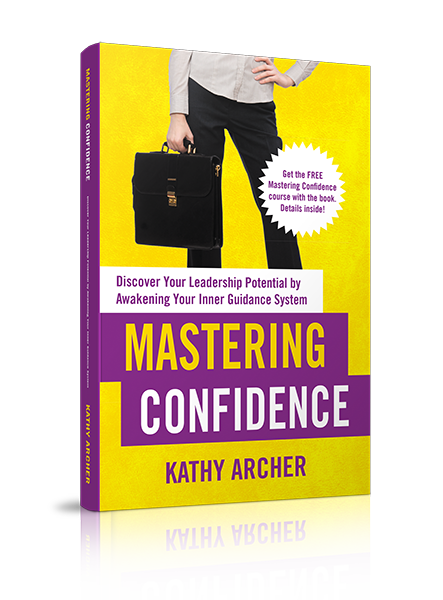
Available on Amazon
Archives
May 2024
|
|
Leadership TRAINING for Nonprofit Leaders
Become a confident and competent nonprofit Leader: Join The Training Library membership Executive and Leadership COACHING Leadership Coaching for Nonprofit Executives, Leaders and ManagerCoaching |
PODCAST for Nonprofit Leaders
The Surviving to Thriving podcast: Strategies, systems and support to lead your nonprofit with confidence FREE RESOURCES to Grow your Leadership Skills Free Leadership Training Resources, Worksheets and Templates |
Become a CONFIDENT LEADER
|



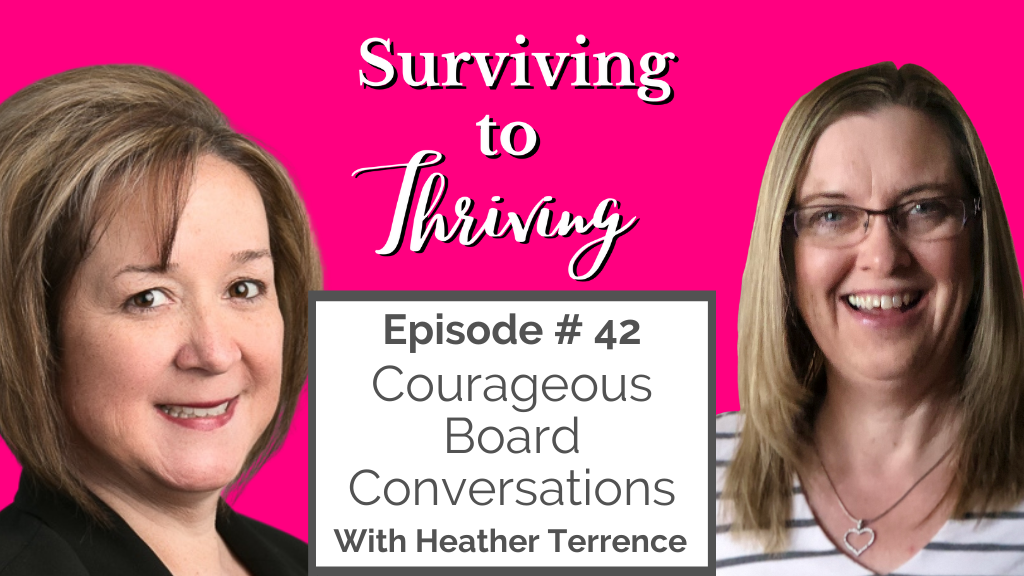
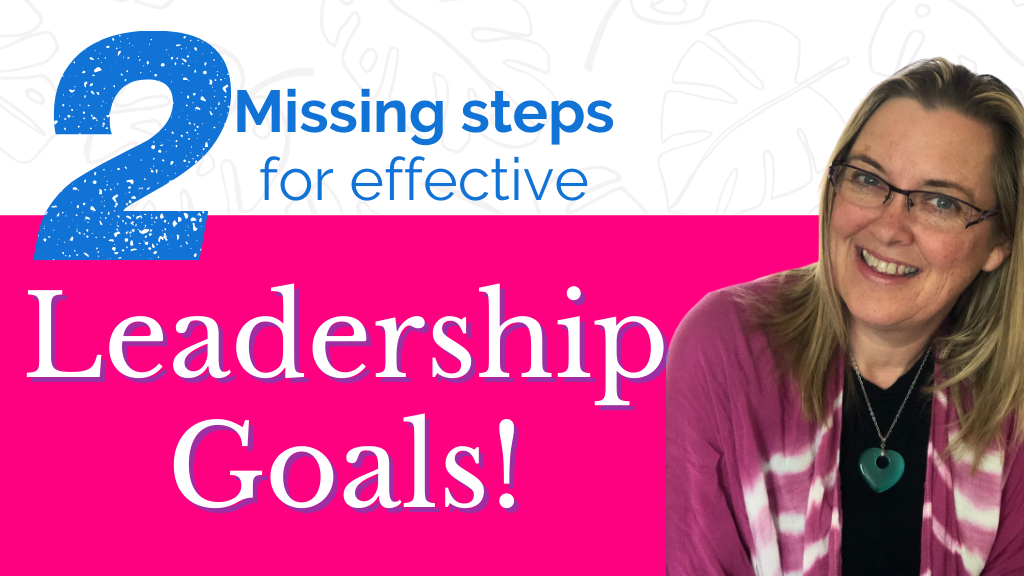
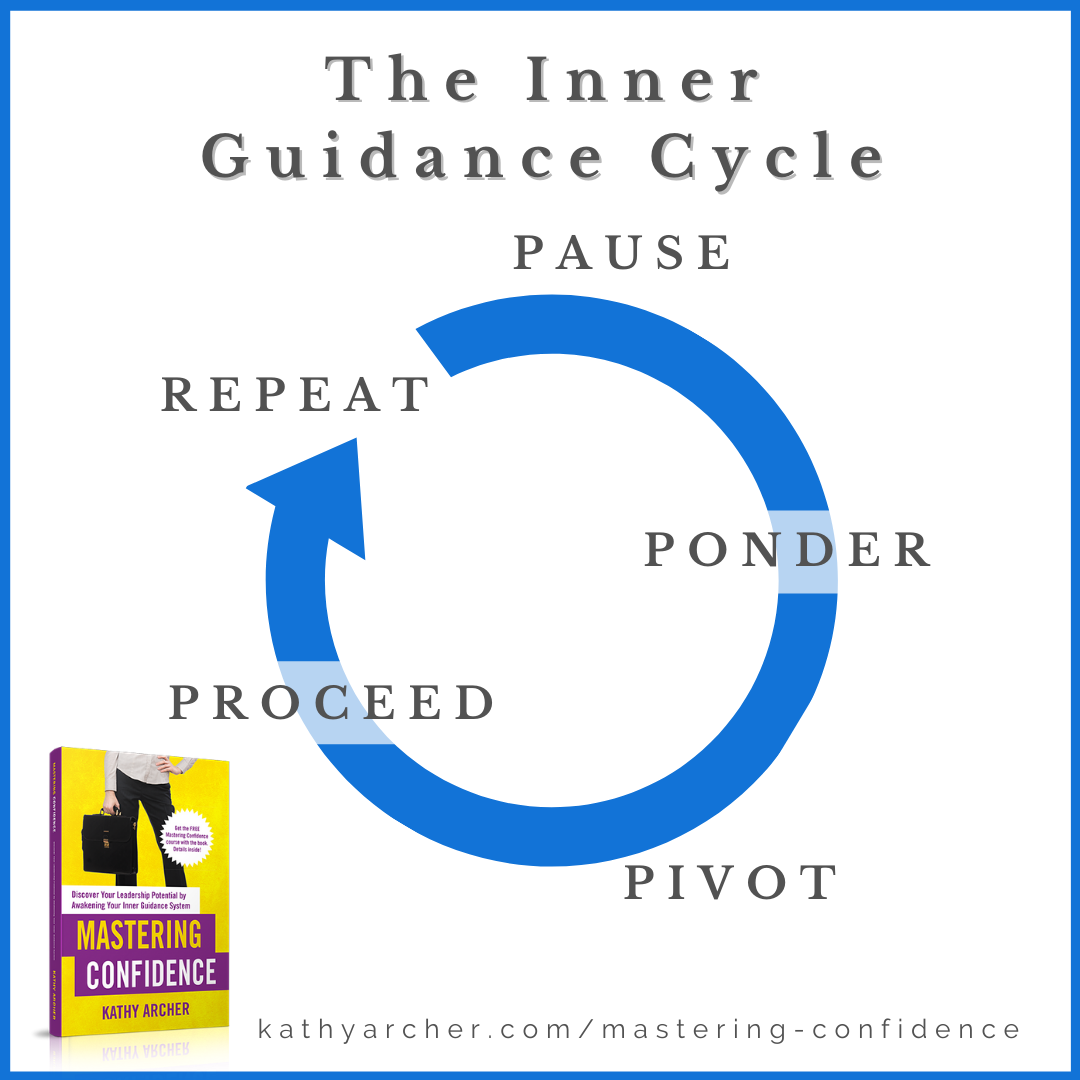

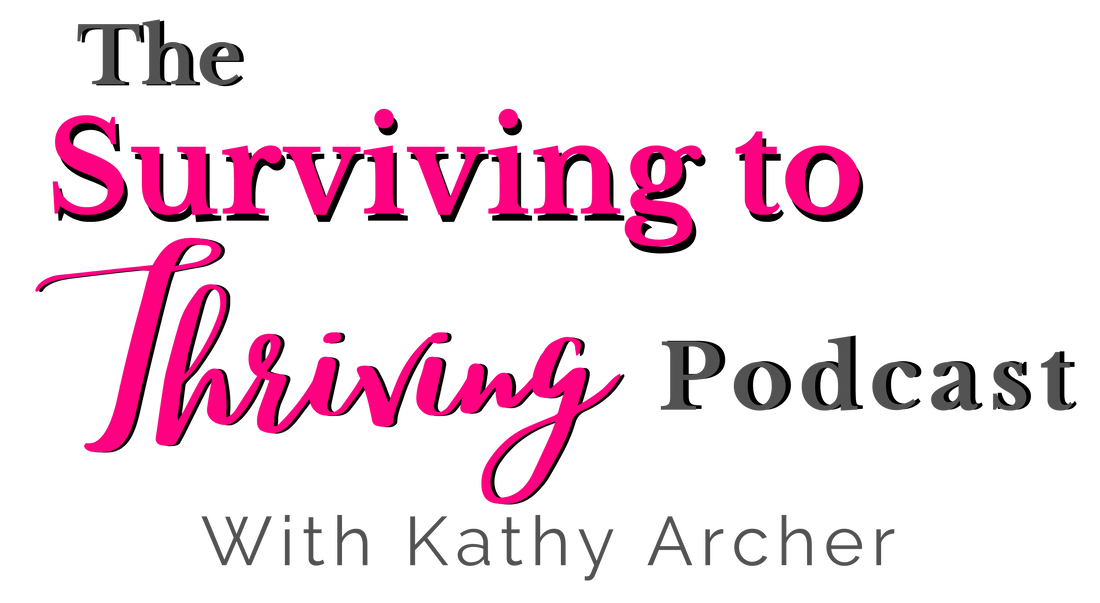
 RSS Feed
RSS Feed
